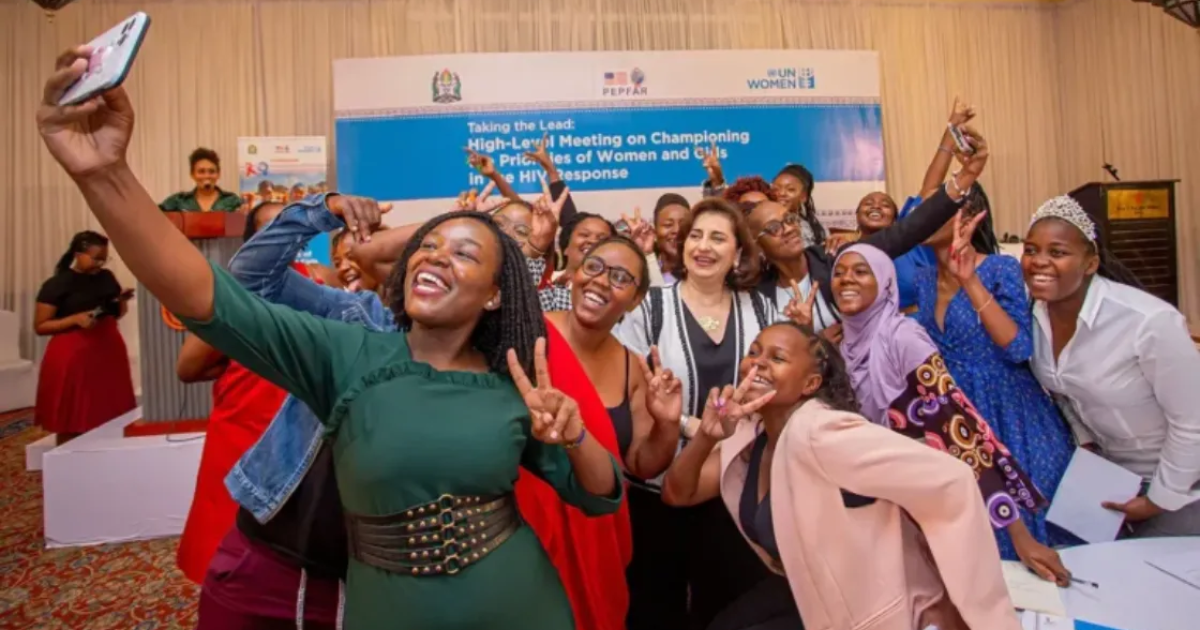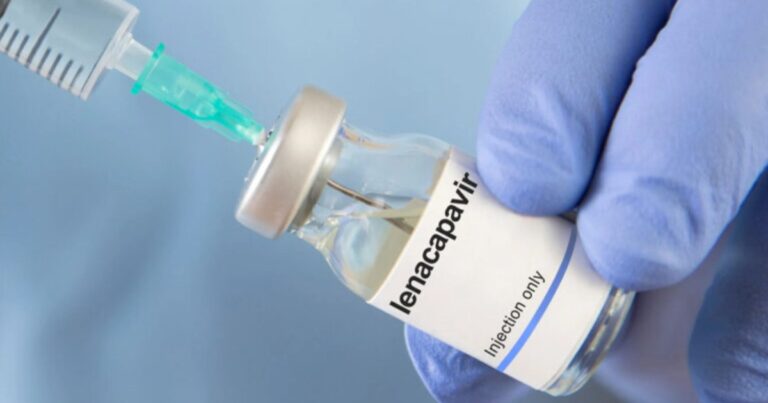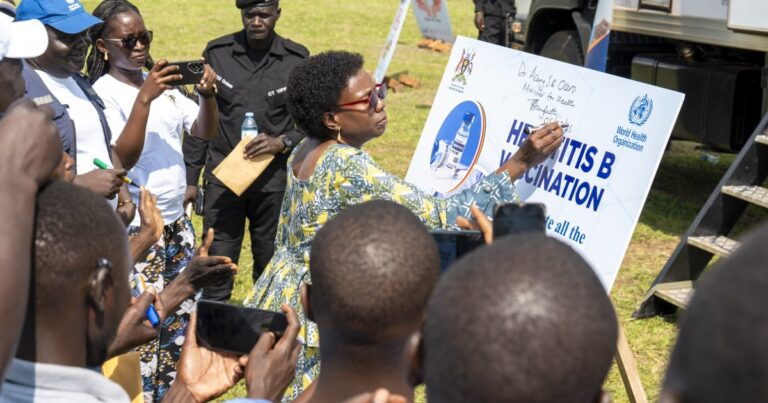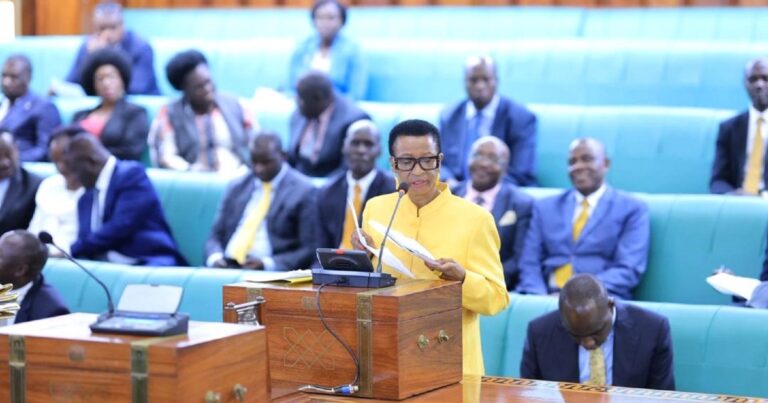As the continent marks Pan-African Women’s Day (PAWD) 2025, we celebrate the strength, leadership, and enduring legacy of African women. Yet, amid the celebration, a pressing challenge remains: pregnant and breastfeeding women across Africa continue to be underserved in HIV prevention efforts—a gap that undermines their health, their children’s futures, and the continent’s broader goals for equity and justice.
This year’s PAWD theme, “Advancing Social and Economic Justice for African Women through Reparations”, serves as both a call for redress and an opportunity for action. The celebration also coincides with World Breastfeeding Week 2025, themed “Prioritize Breastfeeding: Create Sustainable Support Systems.” Together, these observances emphasize the need to invest in systems that protect and empower women from the earliest stages of motherhood—including protecting them from HIV.
Maternal Health Is HIV Prevention
Pregnancy and breastfeeding are powerful touchpoints for public health, yet millions of women are not offered effective HIV prevention tools during these crucial life stages. From Pre-Exposure Prophylaxis (PrEP) to Prevention of Mother-to-Child Transmission (PMTCT) and Early Infant Diagnosis (EID), proven strategies exist—but are not consistently integrated into maternal and child health services.
HIV prevention must move out of its silos and become a foundational component of respectful, comprehensive, and gender-responsive care. When midwives and frontline workers are trained and equipped with HIV prevention tools, they can transform maternal care—offering protection, dignity, and empowerment to women and newborns alike.
A Gendered Lens on HIV
In Africa, women—particularly adolescent girls and young mothers—remain disproportionately affected by HIV. Gender inequality, economic marginalization, and the burden of unpaid care work leave many women vulnerable to infection, while also limiting their access to prevention and treatment.
The African Union Commission (AUC) has laid critical groundwork through frameworks such as the Maputo Protocol, the AU Strategy for Gender Equality and Women’s Empowerment, and the Catalytic Framework to End AIDS, TB, and Malaria by 2030. These commitments underscore the right to equitable, affordable access to health services, including HIV prevention.
But rights on paper must be matched with action in clinics, communities, and homes. HIV prevention for pregnant and breastfeeding women is not just a public health measure—it is a human rights and social justice imperative.
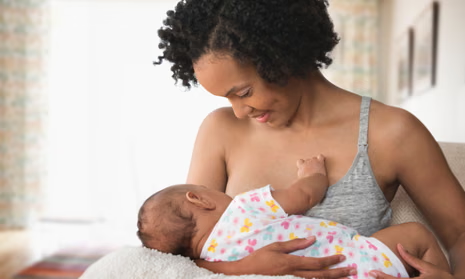
Breastfeeding as a Health Justice Issue
Breastfeeding is more than a nutritional practice—it is an intimate act of care and connection, and it must also be a safe space for HIV prevention. This means offering long-acting PrEP (such as CAB-LA), integrating routine HIV testing into antenatal care, and aligning infant HIV diagnostics with immunization schedules.
True support for breastfeeding includes supporting the mother’s entire health journey—with wraparound services, confidential care, and informed choices. No mother should be forced to choose between nourishing her child and protecting them from HIV. Health systems must evolve to make these dual goals possible.
Toward a United African Response
Transforming maternal health outcomes requires cross-sectoral collaboration. Governments, community leaders, religious institutions, and health systems must work in tandem to ensure that every pregnant and breastfeeding woman has access to life-saving HIV prevention.
Healthcare workers—many of whom are women—must be empowered as the first line of defense, while traditional leaders and civil society must help drive awareness and demand for services. We must embed HIV prevention into every layer of the maternal care ecosystem—from ministries to midwives, from labs to legislatures.
The Time Is Now
The AUC Women, Gender, and Youth Directorate and the Africa REACH Leadership Council affirm that African women must be able to live, lead, and breastfeed without the threat of HIV. PAWD 2025 offers a timely platform to move from recognition to action—to build sustainable, inclusive health systems that serve women at every stage of life.
As we honor the legacy of African women this year, let us renew our commitment to maternal health equity and HIV prevention. Let us envision a future where no mother is left behind, no baby is born into risk, and no woman is denied the right to health, dignity, and hope.
Source: UN Women

